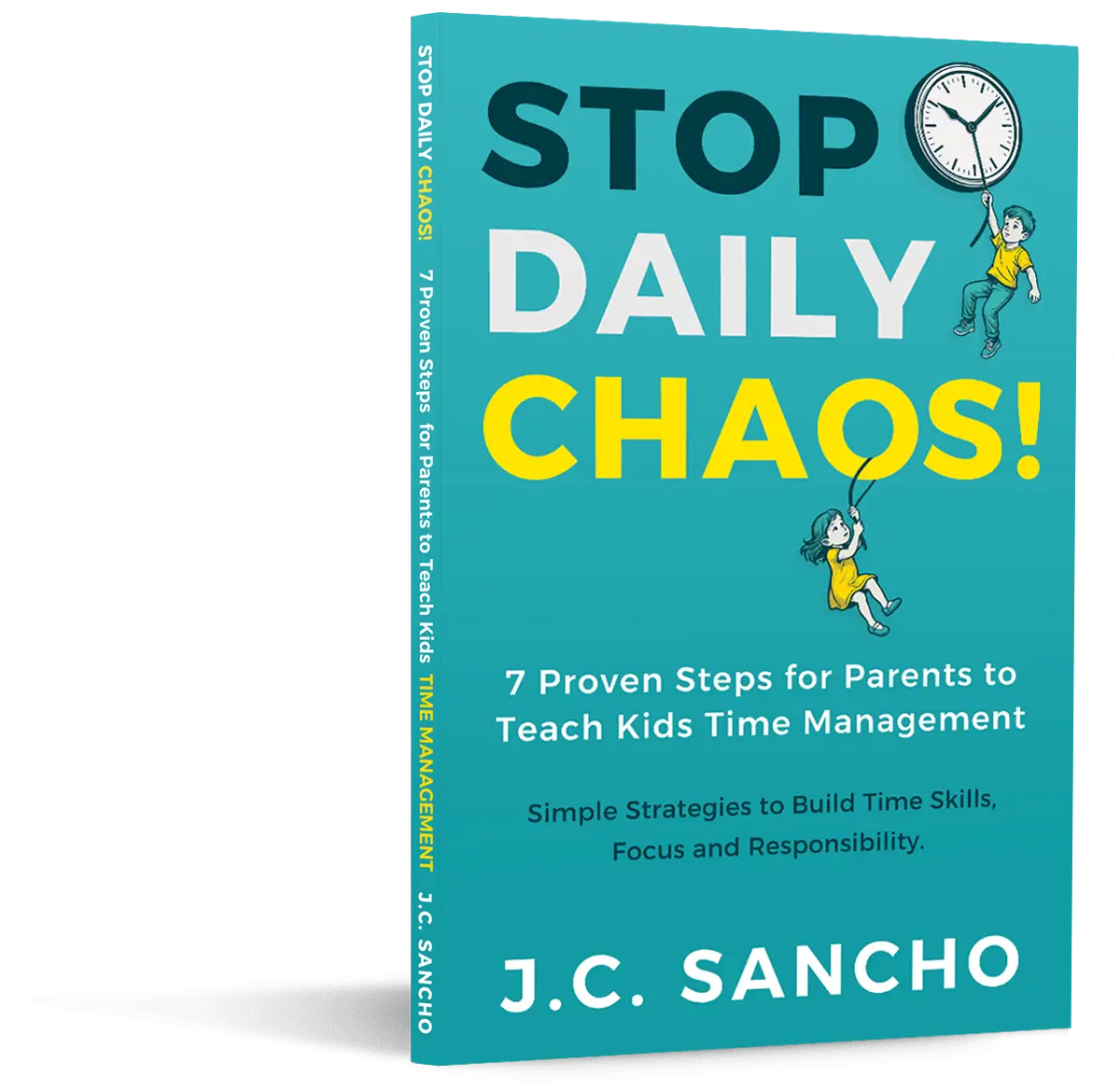Navigating the Nuances of Only Child Parenting:
Fostering Social Skills, Encouraging Playdates, and Cultivating Independence
When it comes to only child parenting, social skills, playdates, and independence are often areas of concern for many parents. The task of raising an only child presents unique challenges and opportunities that require careful consideration and intentional strategies. It’s a delicate balance of providing undivided attention and fostering vital social experiences.
With no siblings to interact with daily, your only child might be at risk of feeling isolated or developing self-centered tendencies. However, let’s not be quick to fall into a pit of worry. You have in your hands the power to shape their world view, guide their social development, and cultivate their independence.
Let’s explore how you can effectively navigate this special journey of only child parenting – from nurturing social skills to organizing beneficial playdates and encouraging healthy autonomy.
Developing Social Skills in an Only Child
Contrary to popular belief, being an only child doesn’t automatically lead to poor social skills. Children learn social interactions from various sources, including parents, friends, teachers, and even characters in books or on television. Your role as a parent is important in shaping their understanding of social dynamics.
Your daily interactions with your child provide countless opportunities for teaching empathy, kindness, sharing, and respect for others’ feelings. Model these behaviors in your dealings with people so your child can learn by watching you. When conflicts arise during playdates or other social situations, guide them through conflict resolution rather than solving the problem for them.
Encourage your child’s interaction with peers by arranging regular playdates. These are not just fun times; they’re valuable learning experiences where children negotiate roles, learn about cooperation and competition, and navigate the complexities of social relationships. They also learn to appreciate the diversity in personalities, interests, and abilities among their peers.
Enroll your child in group activities such as sports teams, dance classes, or art clubs. These environments provide structured settings where children can interact with others under adult supervision, which helps them feel safe while they learn important social skills.
Playdates: A Vital Part of Only Child Parenting
Playdates play a significant role in only child parenting. They provide an excellent opportunity for your child to engage in unstructured play with peers, which is important for their social and emotional development.
When organizing playdates, it’s important to consider the dynamics that will foster positive interactions. Choose children who your child naturally gets along with but don’t shy away from inviting children who are different from your child in some way. Diversity in playgroups can help broaden your child’s understanding of the world around them.
Remember to set some ground rules before the playdate begins. Setting boundaries helps prevent conflicts and ensures a safe environment for all participating children. However, resist the urge to intervene at every sign of trouble; allow the children to resolve minor issues on their own. This hands-off approach can be challenging but remember that these situations offer valuable lessons in conflict resolution.
Post-playdate discussions are also essential. Ask open-ended questions about what happened during the playdate, how your child felt about it, and what they learned from it. These conversations can help you gauge your child’s social progress and provide opportunities for further teaching and guidance.
Fostering Independence: An Essential Element in Only Child Parenting
In only child parenting, fostering independence is as vital as developing social skills and arranging playdates. With no siblings to compete with or rely on, only children often have more opportunities to become self-reliant. However, it’s important to guide them in the right direction and provide the right amount of support.
Start by giving your child age-appropriate responsibilities. Assigning chores or tasks can help them understand the concept of responsibility and accountability. It also boosts their confidence as they see themselves capable of contributing to household activities.
Encourage problem-solving by allowing your child to tackle challenges on their own before stepping in to help. For example, if your child is struggling with a puzzle or a difficult homework question, resist the urge to immediately offer a solution. Instead, guide them through the thought process needed to solve the problem. This approach helps develop resilience and adaptability – skills that are invaluable in adulthood.
Teaching financial responsibility is another significant aspect of fostering independence. Even at an early age, children can learn about saving, spending wisely, and making choices about money. Start with simple concepts like saving coins in a piggy bank or making decisions about spending their allowance.
Encourage your child to express their thoughts and feelings openly. This emotional independence not only strengthens their self-identity but also equips them with skills needed for healthy relationships in adulthood.
Only Child Parenting: Social Skills, Playdates, and Independence
Raising an only child can be a beautifully rewarding experience filled with its unique joys and challenges. As parents navigating this path, we constantly juggle our roles – we’re playmates one moment and disciplinarians the next.
We worry if our children will grow up lonely without siblings or if they’ll struggle socially because they’re used to being the center of attention at home. We wonder if we’re doing enough or perhaps too much. But amidst these concerns, we find joy in witnessing their milestones, sharing in their laughter, and nurturing their growth.
Remember that every child is unique. Your child may be an only one, but they’re not alone. They have you – their biggest cheerleader and staunchest supporter. And with your guidance, they can navigate the complexities of social interactions, embrace the joy of friendships formed during playdates, and grow into independent individuals ready to make their mark on the world.
So here’s to celebrating the unique journey of raising an only child – a journey filled with love, learning, challenges, triumphs, and endless opportunities for growth. It’s a shared adventure that enriches both parent and child in ways unimaginable.



